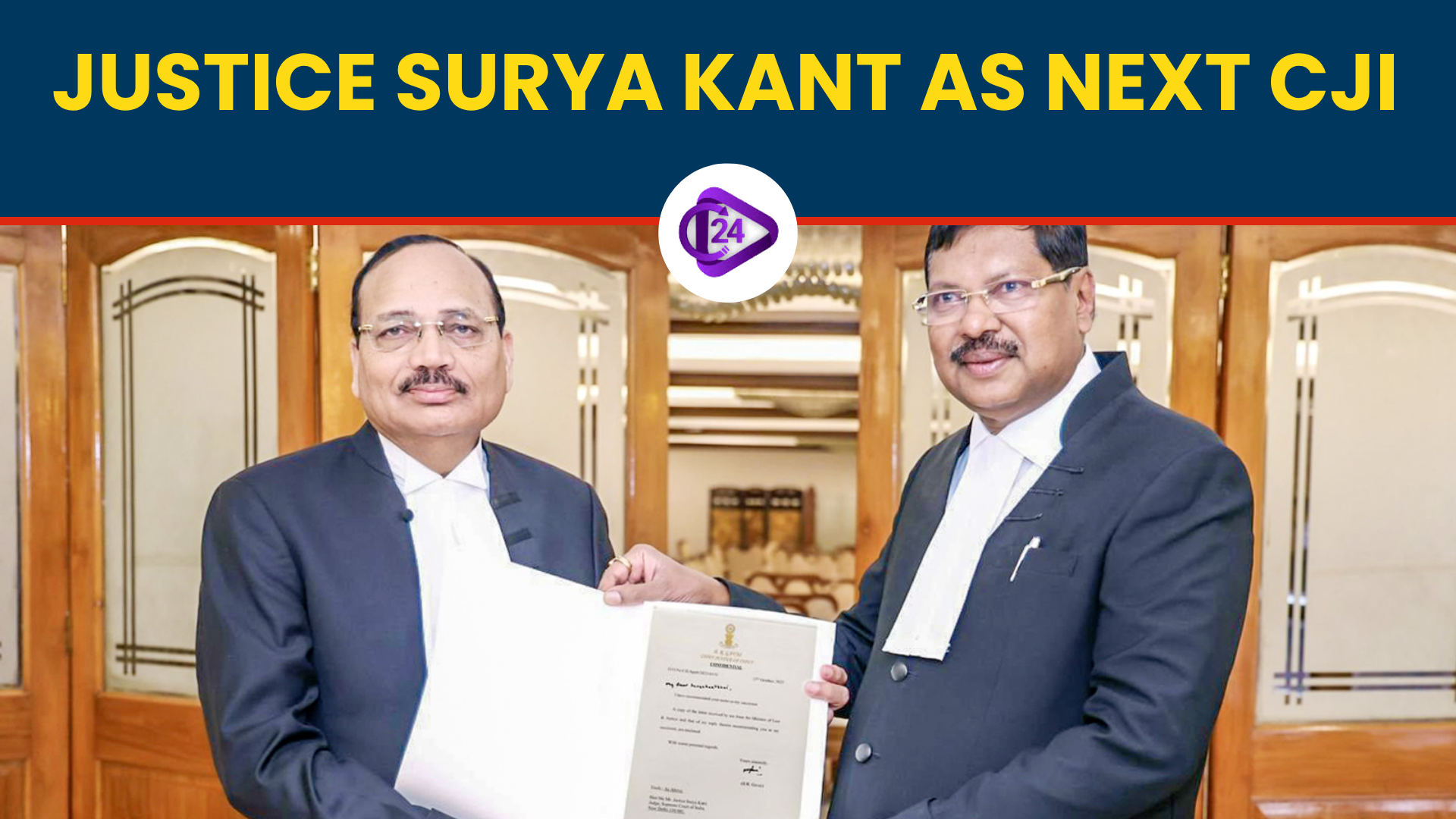
Justice Surya Kant has been appointed the 53rd Chief Justice of India to take office on 24 November 2025 after the President of India gave his approval. He is the successor of Chief Justice Bhushan Ramkrishna Gavai as per the old rule of seniority. Justice Surya Kant, who was appointed to the Supreme Court in 2019, is characterized by his moderate decisions, administrative skills, and readiness to implement judicial reforms. The tenure of his CJI is supposed to be aimed at enhancing transparency, promoting quick justice and maintaining the independence of the judicial system, and also handling key constitutional and public interest cases in a fair and upright manner.
Justice Surya Kant’s Inspiring Legal Journey to the Supreme Court
-
Born 10 February 1962, Petwar village, Hisar district, Haryana.
-
Graduated from Government Post Graduate College, Hisar (1981) and received LL.B. from Maharishi Dayanand University, Rohtak (1984).
-
Entered the law profession in the Hisar District Court (1984) and then transferred to the Punjab and Haryana High Court (1985).
-
Accepted the appointment of the youngest Advocate General of Haryana (2000) and Senior Advocate (2001).
-
Judge, Punjab and Haryana High Court (2004), then Chief Justice, Himachal Pradesh High Court (2018).
-
On 24 May 2019, he was elevated to the Supreme Court of India, a mark of a great career as a judge.
Justice Surya Kant’s Appointment: Understanding the CJI Selection Process
-
Justice Gavai, Surya Kant, is the 53rd Chief Justice of India to replace the former Justice Bhushan Ramkrishna Gavai.
-
The President of India made the appointment after the recommendation had been processed by Law Minister Arjun Ram Meghwal.
-
It is selected according to the Collegium System, which is headed by the immediate predecessor of the CJI and the senior Supreme Court judges.
-
Under Article 124(2) of the Indian Constitution.
-
In the year 1950, Justice H. J. Kania was the first Chief Justice of India.
Conclusion
Adoption of Justice Surya Kant as the 53rd Chief Justice of India is the dawn of a new era in the judiciary in the country. His experience is massive, and integrity and allegiance to justice are bound to enhance judicial independence and transparency. With his assumption of office, there is a high expectation of reforms that can bring efficiency, accessibility, as well as increased public confidence in the legal system in India.



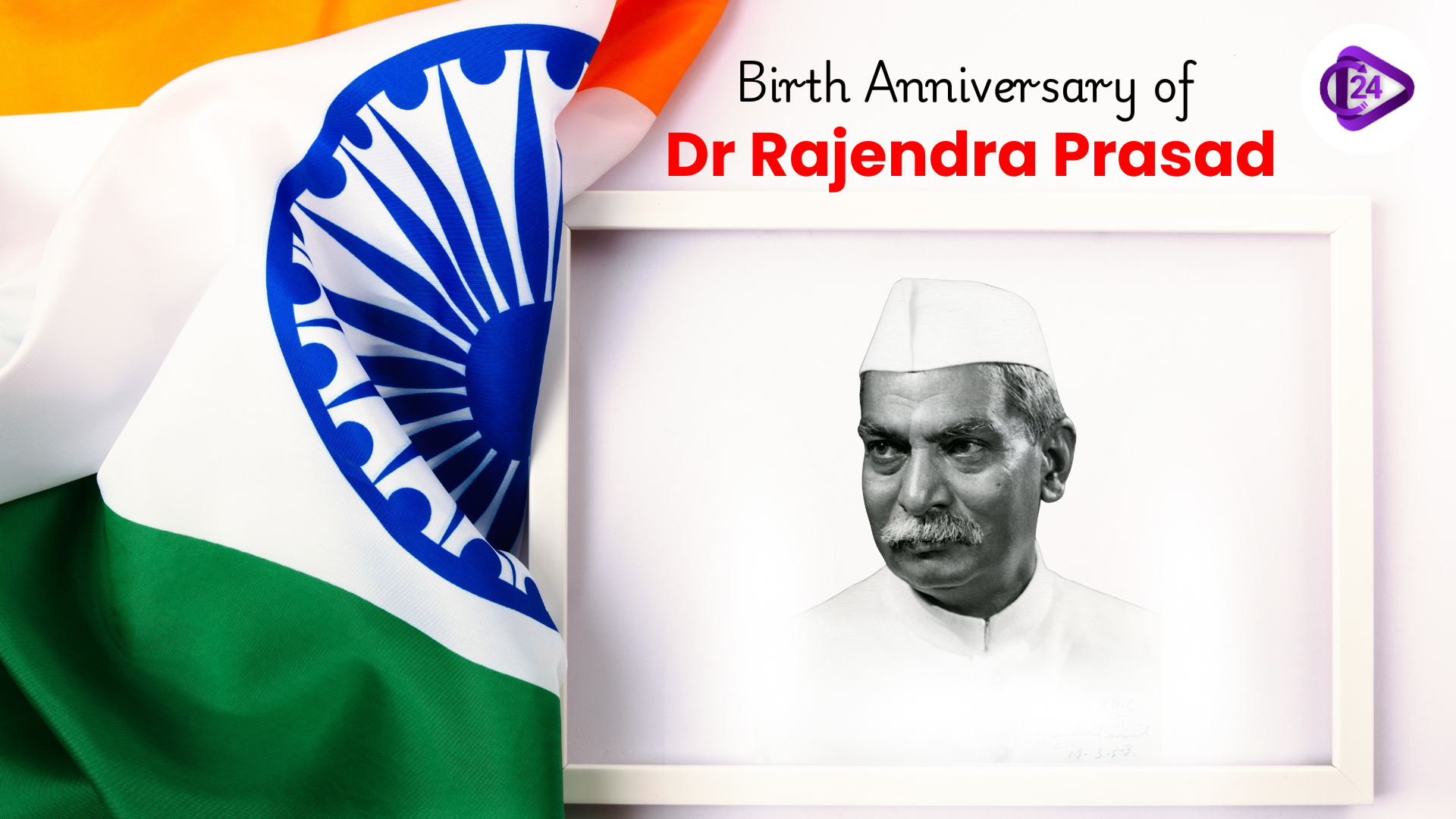 Birth Anniversary of Dr Rajendra Prasad
Birth Anniversary of Dr Rajendra Prasad Tessy Thomas Achieves Major Recognition With Dr Paulos Mar Gregorios Award 2025
Tessy Thomas Achieves Major Recognition With Dr Paulos Mar Gregorios Award 2025 Ramban Sulai Honey GI Tag: A Major Win for Traditional Beekeeping
Ramban Sulai Honey GI Tag: A Major Win for Traditional Beekeeping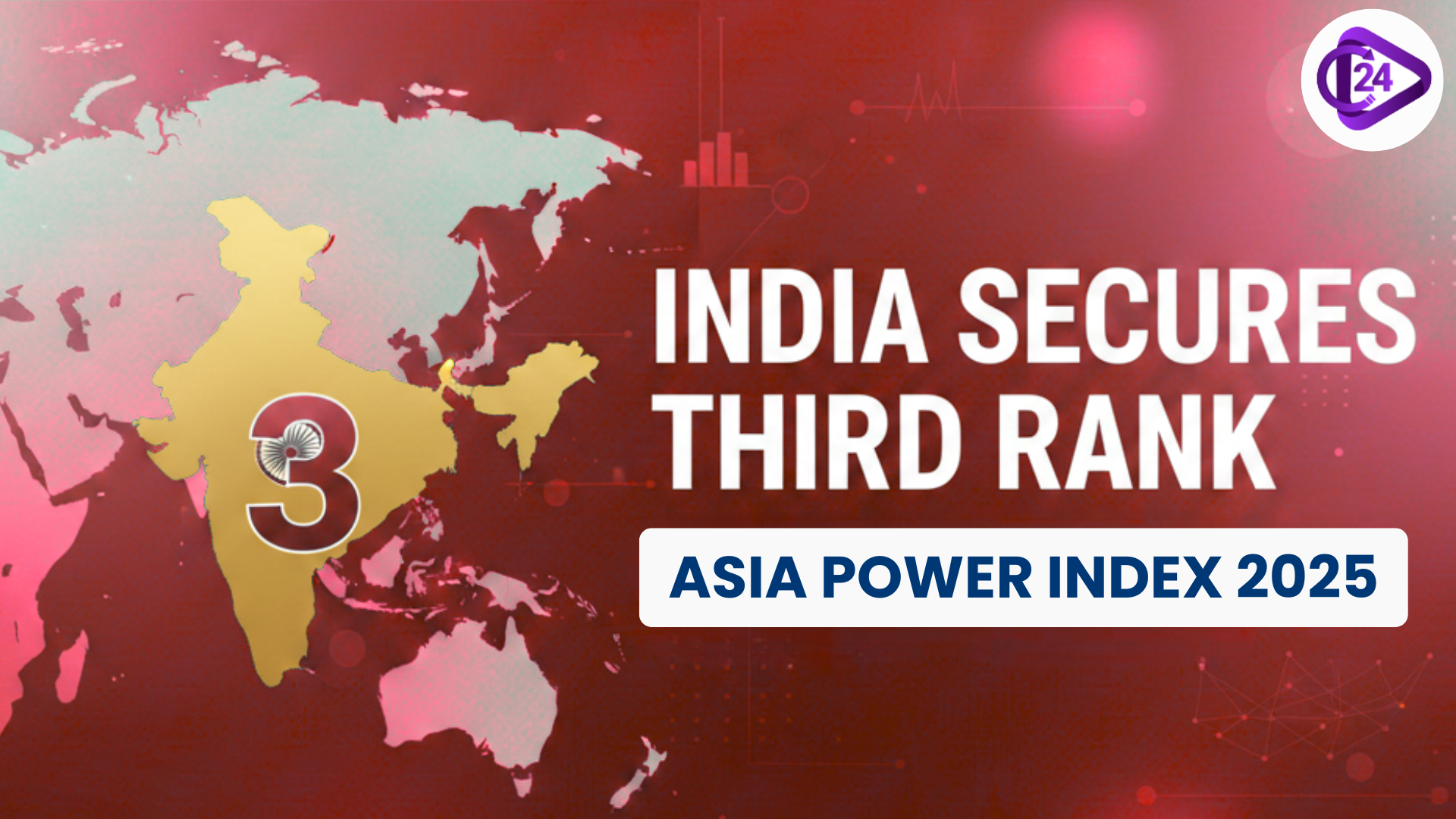 India Secures Third Rank in Asia Power Index 2025
India Secures Third Rank in Asia Power Index 2025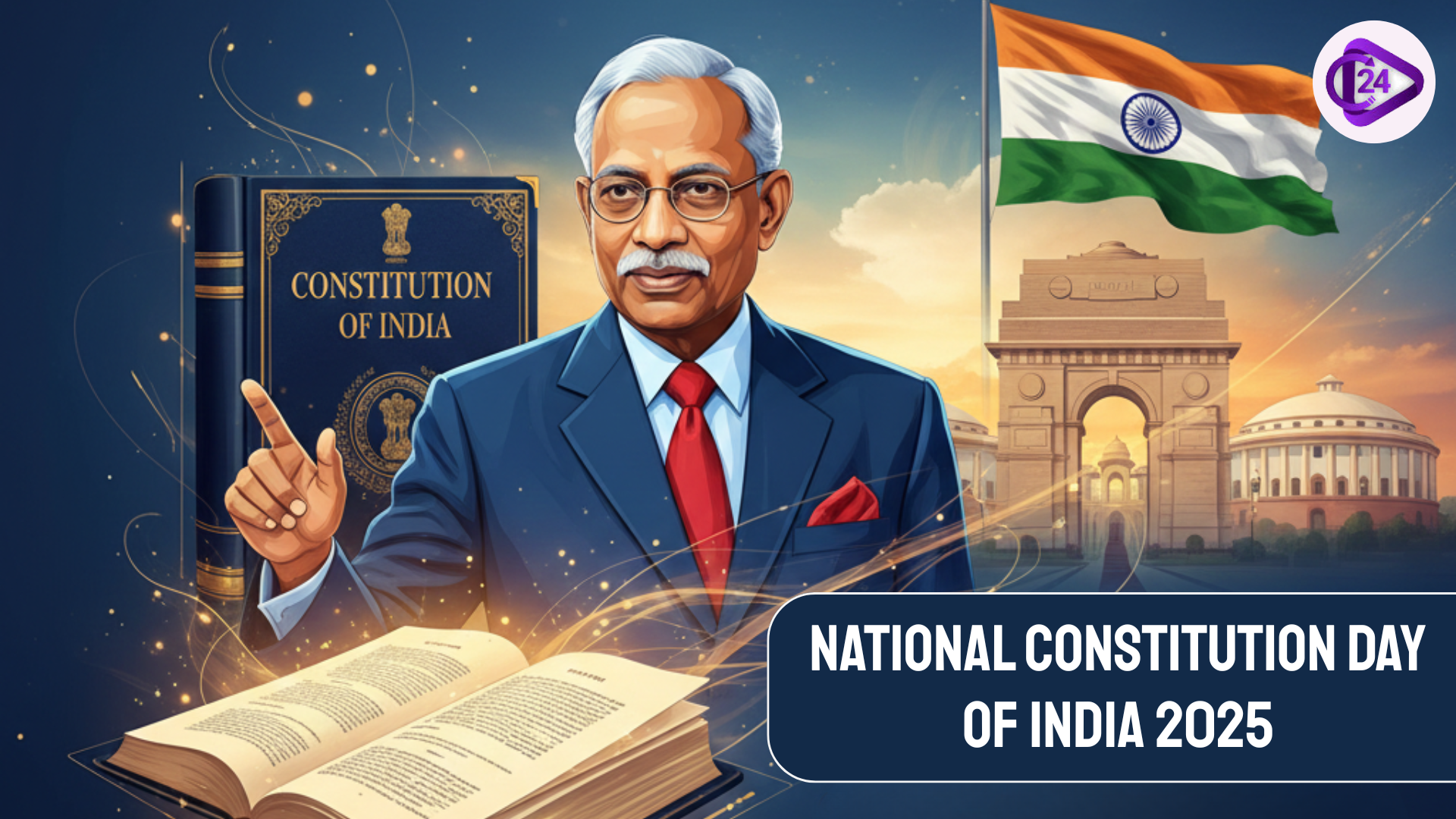 Constitution Day of India 2025: History, Meaning and Timeline Explained
Constitution Day of India 2025: History, Meaning and Timeline Explained India Launches ₹7,280 Crore Initiative to Develop Rare Earth Magnet Manufacturing
India Launches ₹7,280 Crore Initiative to Develop Rare Earth Magnet Manufacturing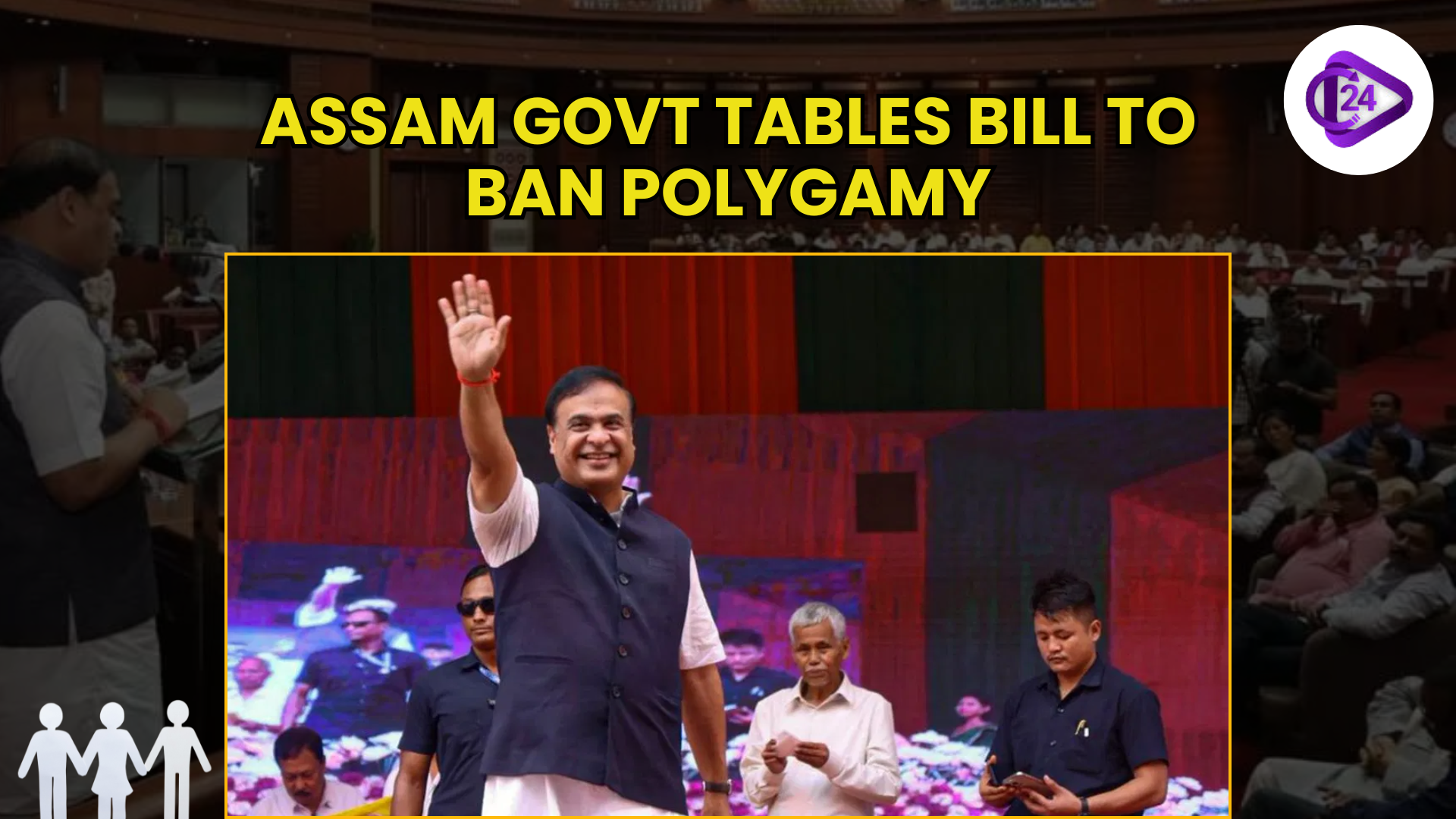 Assam Government Introduces Bill to Ban Polygamy with Strict Penalties
Assam Government Introduces Bill to Ban Polygamy with Strict Penalties Guru Tegh Bahadur Martyrdom Day 2025 A Tribute to Courage and Spiritual Strength
Guru Tegh Bahadur Martyrdom Day 2025 A Tribute to Courage and Spiritual Strength India Pays Tribute to the Birth Anniversary of Rani Lakshmibai
India Pays Tribute to the Birth Anniversary of Rani Lakshmibai Kinnaur’s Raulane Festival Celebrates Nature’s Mystical Guardians
Kinnaur’s Raulane Festival Celebrates Nature’s Mystical Guardians






